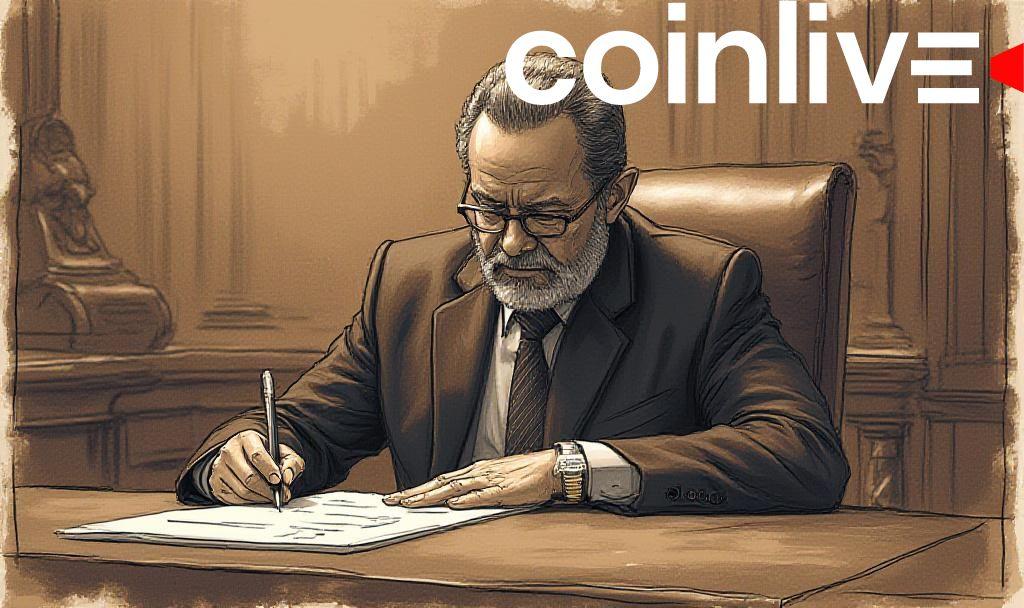- President Lula ends crypto tax break, impacting digital asset trading.
- Expected revenue boost to R$20 billion by 2026.
- All cryptocurrencies, including Bitcoin, are affected by the changes.

This measure dramatically affects the cryptocurrency landscape in Brazil, signalling a shift towards broader fiscal reforms. The financial markets may adjust, reflecting altered investor sentiments.
The previous tax exemption on monthly cryptocurrency incomes in Brazil is abolished with the issuance of Provisional Measure No. 1303. President Luis Inácio Lula da Silva and Finance Minister Fernando Haddad are pivotal figures influencing this significant policy shift.
Impact on Major Cryptocurrencies
Major cryptocurrencies such as Bitcoin (BTC) and Ethereum (ETH) will feel the impact of these reforms. The government plans to generate R$10 billion in 2025 from this measure, a clear sign of its ambitious fiscal targets.
Investors and traders might experience immediate ramifications as liquidity and trading volumes adjust. Brazilian crypto policies now align with broader global regulatory trends, affecting international trade dynamics.
“The fiscal policy shifts reflect Brazil’s stance on integrating digital assets into its economy, potentially setting a precedent for other nations,” says an unnamed analyst.
Future Implications
Market professionals anticipate possible repercussions within the finance ecosystem. Regulatory bodies may experience shifts as they navigate the updated guidelines. These fiscal policies reflect Brazil’s stance on integrating digital assets into its economy.
Analysts suggest observing on-chain activity and traditional financial metrics to evaluate the long-term effects on Brazil’s financial infrastructure. The historical precedent of Brazil adapting its cryptocurrency policies is observed, yet thorough analysis is required for assessing future implications.








